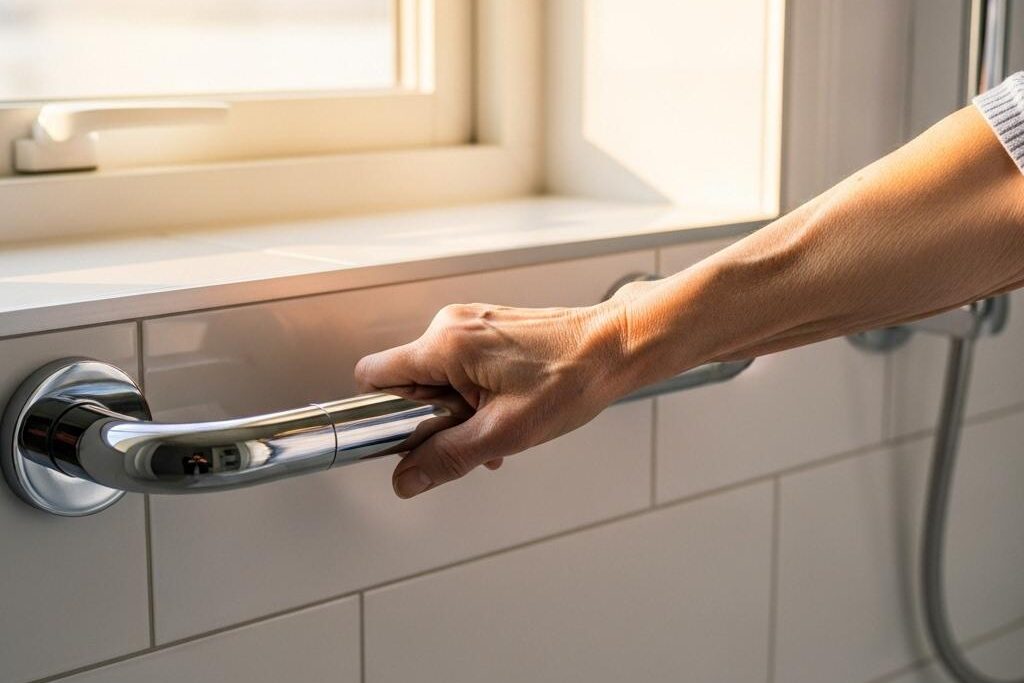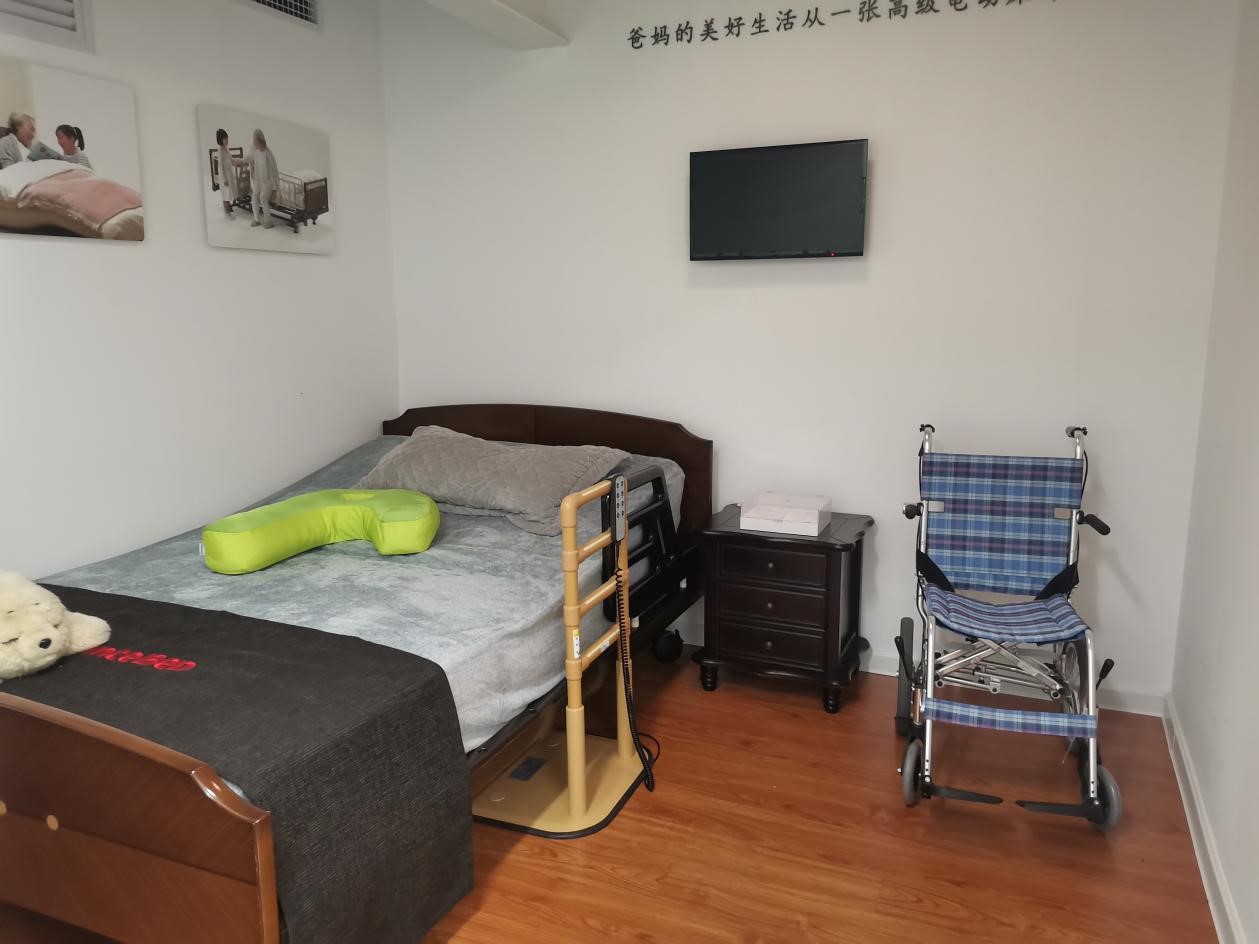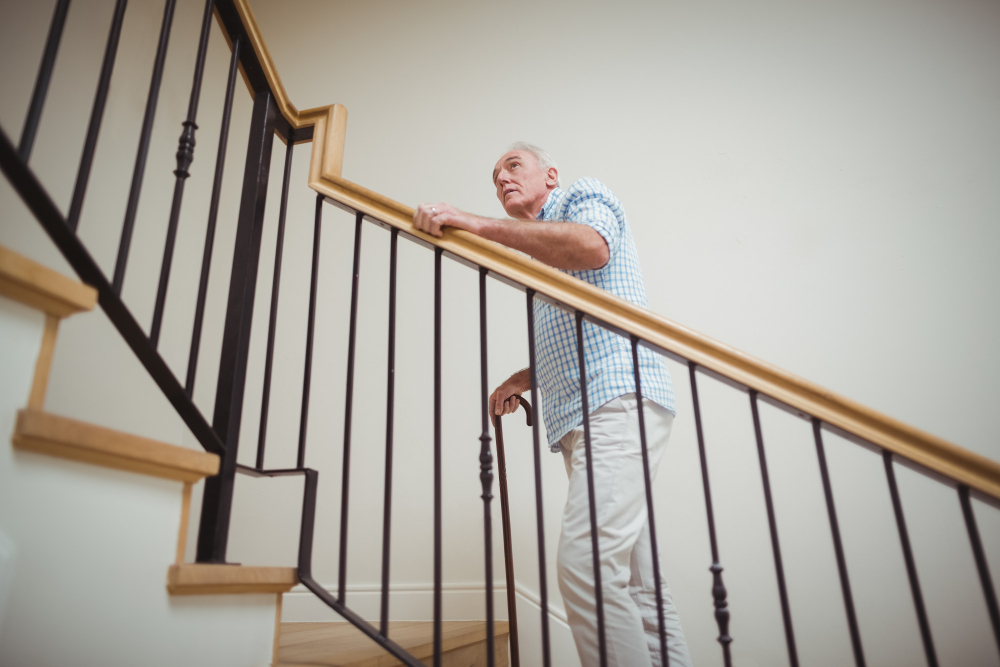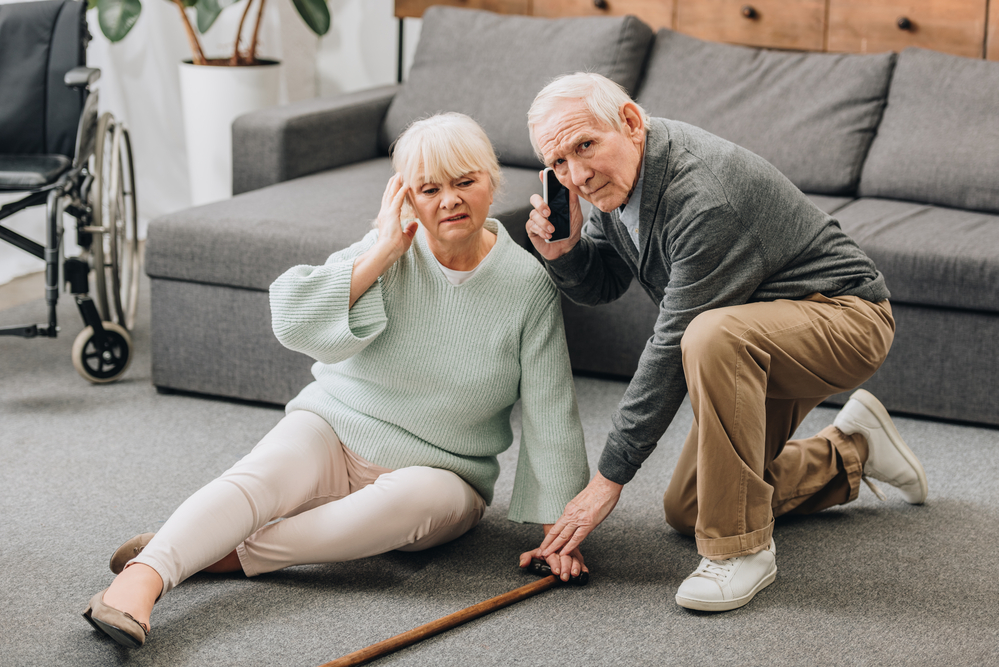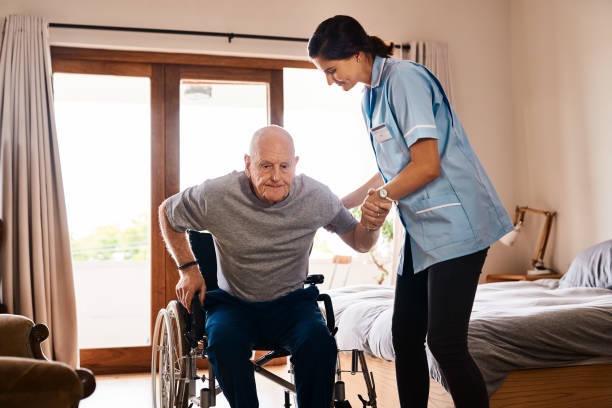Ensuring a safe and clean environment is vital for the well-being of our aging loved ones. With the right cleaning tips for elderly safety, family caregivers can help create a home that minimizes risks and promotes health and happiness. In this guide, we will explore effective strategies and essential areas to focus on when caring for the elderly.

The Importance of Maintaining a Clean Environment
A clean home not only looks better but also serves as a protective barrier against various health hazards. For the elderly, who may have compromised immune systems, maintaining cleanliness is crucial. Dust, mold, and clutter can lead to accidents and health issues, making it essential to follow the right cleaning tips for elderly safety.
Decluttering: The First Step to Safety
Clutter can pose significant risks, especially for seniors. By removing unnecessary items, you can create a safer and more accessible living space. Consider these steps:
Prioritize High Traffic Areas
Focus on areas where seniors spend most of their time, such as the living room and kitchen. Keep pathways clear and ensure that furniture is arranged to allow easy movement.
Organize Essentials
Ensure that essential items like medications, glasses, and remote controls are within easy reach. This reduces the need for seniors to stretch or climb, preventing potential falls.
Bathroom Safety and Cleanliness
The bathroom is one of the riskiest areas in the home for seniors. Here are some cleaning tips to enhance safety:
Non-Slip Mats
Place non-slip mats in the shower and near the sink to prevent slips and falls. Regularly clean these mats to avoid mold buildup.
Regular Cleaning
Ensure that the bathroom is cleaned regularly to prevent mold and mildew, which can cause respiratory issues. Use gentle cleaning agents to avoid harsh chemical exposure.
Kitchen: A Safe and Hygienic Space
The kitchen should be a safe and hygienic space for the elderly. Heres how you can ensure it remains so:
Proper Storage
Store frequently used items at waist level to avoid the need for bending or reaching. Label shelves and containers clearly to help seniors find what they need easily.
Regular Appliance Checks
Regularly check kitchen appliances to ensure they are in good working condition. Clean them frequently to prevent fire hazards and ensure they operate efficiently. For more tips, check out our guide on Elderly-Friendly Cooking Tips.
Bedroom: Creating a Safe Haven
The bedroom should be a sanctuary of safety and comfort. Consider these tips:
Proper Lighting
Ensure the room has adequate lighting, especially for nighttime. Installing motion-sensor night lights is a great way to prevent falls. For more information, visit our guide on night lights for seniors.
Bed Safety
Ensure the bed is at a comfortable height and equipped with rails if necessary. Regularly check the mattress and pillows for wear and tear. Learn more about preventing falls from bed.
Living Room: Enhancing Mobility and Safety
The living room is often where seniors spend much of their time. Here are some cleaning and safety tips:
Rug Safety
Secure rugs with non-slip backing or remove them altogether to prevent tripping hazards. Regularly vacuum to remove dust and allergens.
Furniture Arrangement
Arrange furniture to allow easy movement and clear pathways. Ensure that chairs and sofas are stable and easy to get in and out of.
Electrical Safety and Maintenance
Electrical safety is crucial in preventing accidents. Here are some tips:
Outlet Covers
Use outlet covers to prevent accidents, especially if there are young visitors. Inspect cords and outlets for damage regularly. Discover more about outlet covers for elderly safety.
Appliance Safety
Ensure that all appliances are in good working order. Unplug devices when not in use to prevent electrical fires.
Outdoor Safety: Extending Care Beyond the Home
Outdoor areas need attention too. Heres what you can do:
Pathway Maintenance
Ensure pathways are clear of debris and well-lit. Regularly check for cracks or uneven surfaces that could cause trips.
Secure Railings
Install sturdy railings on stairs and ramps to provide support and prevent falls.
Additional Resources and Support
For more information on creating a safer home for seniors, you can check out this comprehensive safety guide.
Conclusion
By following these cleaning tips for elderly safety, you can create a nurturing and secure environment for your loved ones. Remember, a safe home is a happy home, and with careful attention to detail, you can ensure your elderly family members enjoy their golden years in comfort and safety.

FAQ
What are the most important areas to focus on for elderly safety?
Key areas include the bathroom, kitchen, and bedroom, as they are high-risk zones for accidents.
How often should I clean the home to ensure safety?
Regular cleaning, at least once a week, is recommended to maintain hygiene and safety.
Are there any specific products recommended for elderly safety?
Products like non-slip mats, night lights, and outlet covers are highly recommended for enhancing safety.
This article contains affiliate links. We may earn a commission at no extra cost to you.

